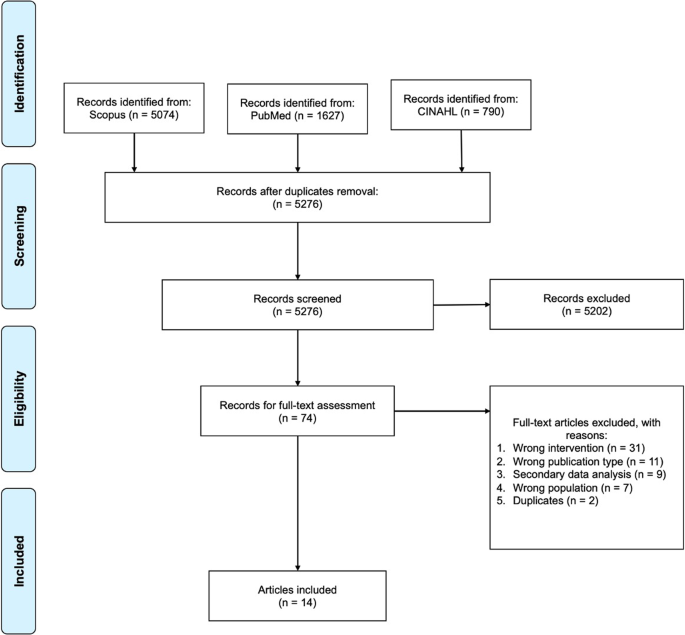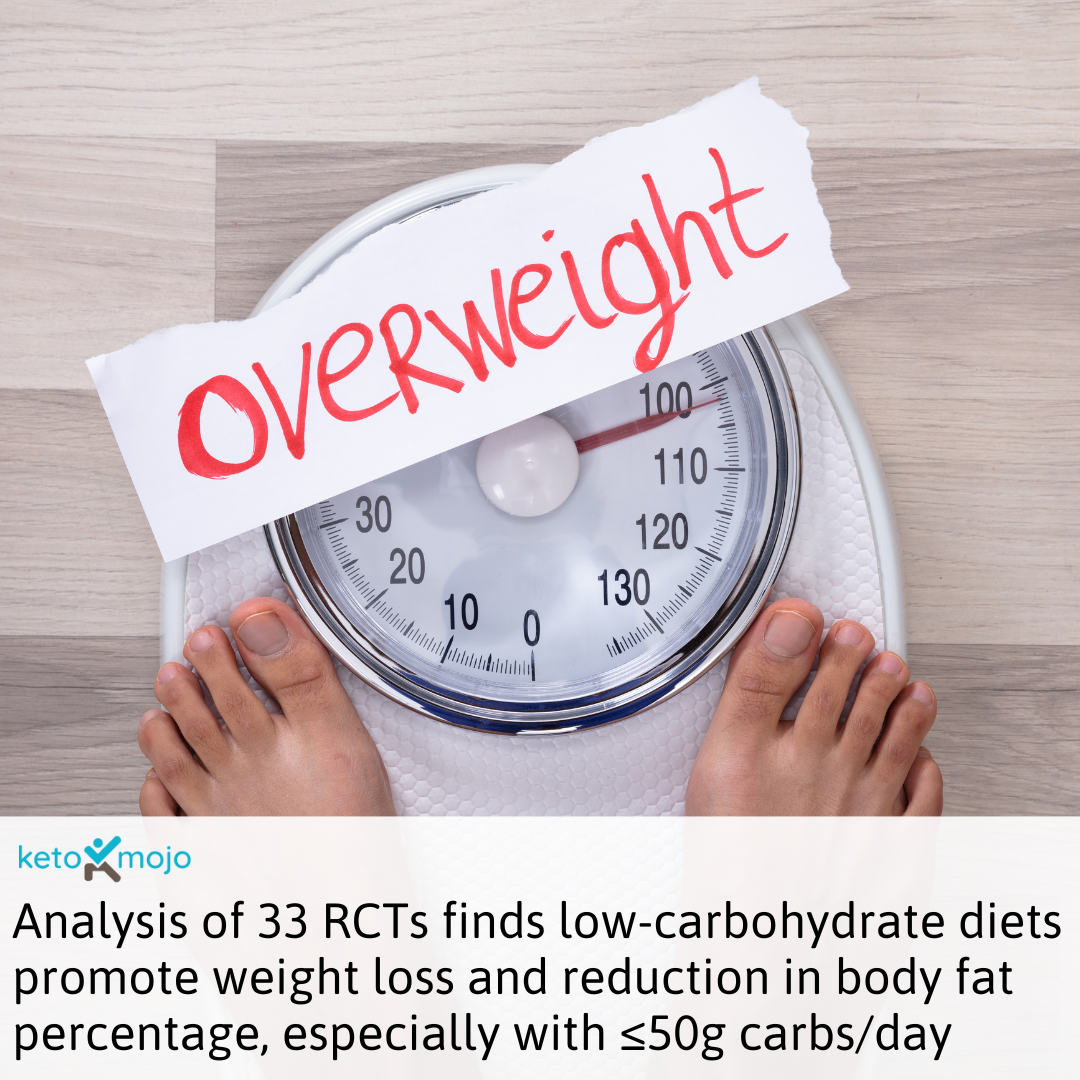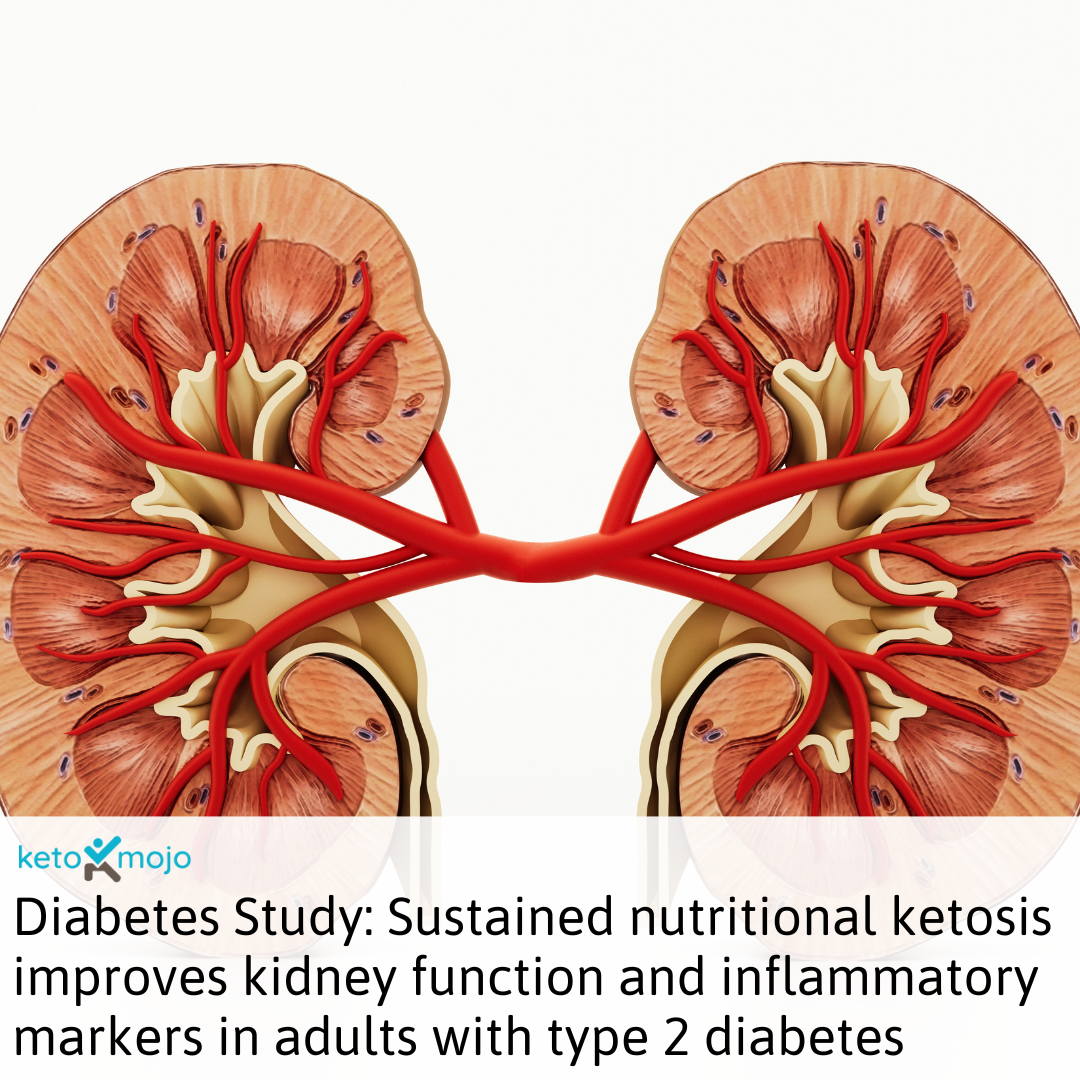Diabetes, General Health
Adherence to ketogenic diet in lifestyle interventions in adults with overweight or obesity and type 2 diabetes: a scoping review

For better evaluation and comparison of ketogenic therapy studies, a standardized protocol for assessing ketones needs to be established, including what ketone bodies to measure, when to measure them, as well as the reporting of changes in ketone levels before and after the study.
This review in Nature, Nutrition & Diabetes identifies inconsistencies in the methods used to assess adherence to the ketogenic diet in individuals with type 2 diabetes and overweight or obesity.
It points out that ketone bodies serve as a reliable objective biomarker to determine adherence to the ketogenic diet. Despite this, there was a significant variability in ketone assessment methods across studies, with only one study reporting changes in beta-hydroxybutyrate (BHB) levels.
To better gauge and compare adherence levels to the ketogenic diet, future research should focus on establishing standardized protocols for ketone assessments, which should stipulate the types of ketone bodies to measure, the appropriate time for measurement, and the necessary reporting of ketone level fluctuations before and after the diet implementation.
Including ketone measurements alongside dietary records might offer a more comprehensive view of ketogenic diet adherence in future studies.







